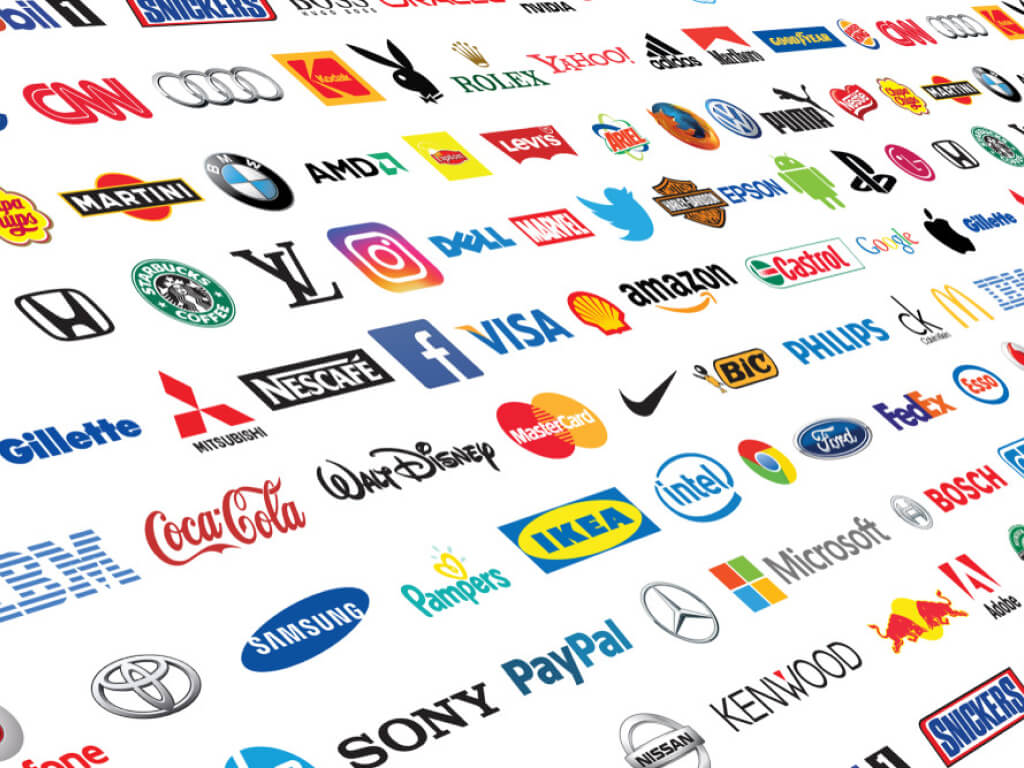
Ever wondered why Coca Cola is not optimized for “best drink in the US” and has instead just a few words on the homepage?
That’s right: Coca-Cola doesn’t rank for “best soda in Texas”: the survey that says they are VOTED the best soda in Texas does.
Nike doesn’t care about “top running shoes near me” either. Local malls rank for it.
Why? In simple terms, they’ve already won.
But there’s the second side of this coin: they’d LOVE your potential progress speed but won’t ever get it.
Here’s why SEO is actually way more beneficial for you than it is for them, to the point that major brands can only envy your SEO success if you do it right.
First of all, why SEO?
Because it’s the best long-term brand-building tool. People don’t look for your brand name at first, they look for “affordable lawn moving services” or “buy CBD oil in Canada”.
Only when they see you over and over again on the first page do they start recognizing you — and that’s where you can capitalize on that.
Inevitably, your brand name is going to be your best keyword. We’ve seen it over and over and over again.
But first — you need optimization.
1. No Brand? No Sales. SEO Builds Both.
SEO (Search Engine Optimization) is how you show up when strangers Google solutions to their problems.
Every time your site appears for a search like “emergency plumber NYC,” you’re not just getting a click — you’re planting a seed.
Do this consistently, and soon, people start Googling your brand name instead of generic terms.
Big brands spend millions on Super Bowl ads because they can. But SEO lets you hijack the same number of eyes for free.
How it works:
- Phase 1: Rank for “emergency plumber NYC” → get clicks from strangers.
- Phase 2: Dominate local search → become “that plumber who’s always top of Google.”
- Phase 3: Searches for your brand name spike → you’re now the default choice.
Example: A San Diego bakery ranked #1 for “wedding cupcakes” → soon, 30% of traffic came from “Sweet Tooth Bakery reviews.” Brand searches = trust.
2. Big Corps Ignore Long-Tail Keywords (Your Goldmine)
Long-tail keywords are specific, low-competition phrases like “affordable divorce lawyer for freelancers” or “organic dog treats for allergies.” They’re ignored by big brands because they’re too niche — but that’s exactly why they’re your secret weapon.
Walmart doesn’t care about “size 11 vegan hiking boots.” You should.
Why it’s critical:
- 70% of search traffic comes from long-tail phrases.
- Less competition → faster wins.
Example: A solo CPA ranked for “freelancer tax help under $100k revenue” → 50% conversion rate. His niche? Tiny. His profits? Doing great.
3. SEO is the Only Marketing That Pays You Back Forever
SEO isn’t an expense — it’s an investment. A blog post ranking for “how to fix a leaky roof” brings traffic for years. Paid ads? They vanish the moment your budget dries up.
Ads stop working the second you stop paying. SEO compounds.
Math that matters:
- $5k/month on ads → 0 traffic if you quit.
- $5k on SEO → traffic grows for years (if done right).
Example: A gutter company’s blog post (“Why Florida Roofs Fail in Rainy Season”) ranks #1 for 3 years → 1,200 leads, $0 ongoing cost.
4. Google Favors Underdogs (If You Play Dirty)
Google rewards freshness, specificity, and relevance. Small businesses can pivot faster than corporations bogged down by red tape.
Big brands hate updating their 10,000-page sites. You can move fast? They can’t.
Tactics they’ll never use:
- Hyper-local content: “Best divorce lawyer in Tulsa” > “divorce attorney.”
- Recency bias: Google loves fresh posts. A HVAC company publishing “2024 AC Rebates in Phoenix” monthly steals traffic from giants.
- User-first design: Ditch corporate jargon. A vet clinic using “We fix sick pets, not upsell tests” can triple appointment bookings.
5. Your Brand Name Becomes a Keyword (If You Grind)
When strangers repeatedly see your site ranking for their problems, they start trusting you — not just the solution. Eventually, they skip the generic search and Google your brand directly.
Phase 1: “CBD oil California” → You rank.
Phase 2: “CBD oil California [Your Brand]” → They compare you.
Phase 3: “[Your Brand] reviews” → They’re ready to buy.
Stat: 53% of shoppers Google a brand directly before purchasing.
How to Out-Google the Giants
- Steal their keywords: Use Ahrefs/SEMrush to find low-competition phrases they ignore.
- Publish 10x better content: A 3,000-word guide beats their 500-word fluff about yet another quarterly mission commitments.
- Dominate local directories: Get listed everywhere — even niche sites like “VeganPlumbers.net.”
- Bonus step #4: work with someone who knows how to do it. Like us.
The “David vs. Goliath” Cheat Sheet
| Strategy | Big Corps | You |
| Keywords | Generic (“shoes”) | Hyper-local (“wide-fit sneakers Miami”) |
| Content | Corporate blogs | Problem-solving guides (“How to fix X”) |
| ROI Timeline | 12+ months | 3-6 months |
| Brand Power | Built by ads | Built by SEO |
The Bottom Line
Capitalize on SEO now because:
- It’s cheaper: Competing with giants for brand terms costs millions. Competing for problem-solving keywords? Pennies.
- It’s faster: Big brands need 6+ months to update their sites. You can pivot in days.
- It’s yours forever: Rankings compound. Brand searches grow. Miss this window, and you’ll pay 10x more later.
Once you’re a household name, you’ll rely on brand loyalty, not Google. SEO is the only marketing tool that works harder for you the longer you use it, and it’s a window that closes as you grow.
